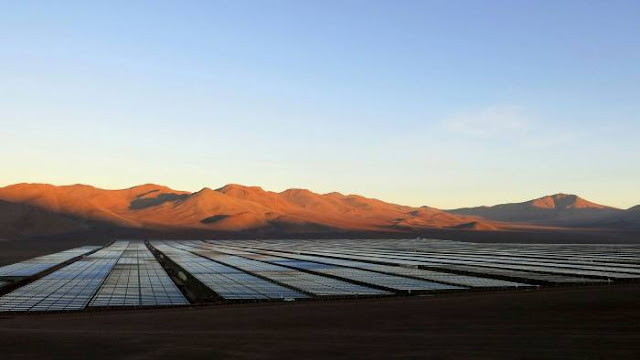Caribbean finds PdV easier to evict than replace
Caribbean islands that once formed the bustling near-shore oil refining and logistical network of Venezuela's state-owned PdV are finding that the distressed company was easier to evict than to replace.
The nagging void is most conspicuous in Curacao and Aruba, part of the Dutch Caribbean island chain that hugs Venezuela's coast. Saddled with aging installations that traditionally depended on Venezuela, the islands were orphaned by the Opec country's commercial and operational decline, including the loss of Venezuelan crude feedstock for which several of the facilities were originally designed. Venezuela today is only pumping around 400,000 b/d of crude, a fraction of the 3mn b/d that it produced in the 1990s. And PdV's own refineries inside Venezuela are nearly all out of service.
Since 2017, escalating US sanctions on Caracas have posed another challenge. Islands that relied on Venezuela's oil business, including transshipment and offshore support and financial services, were forced to sever most ties under threat of sanctions themselves.
For islands that relied on oil assets for economic sustenance as a complement to tourism, the relationship with Caracas was fruitful but frustrating once Venezuela's oil star began to flicker. Faced with lukewarm investor interest in the unprofitable refineries abandoned by PdV, the islands are now promoting terminal and storage opportunities, and exploring industrial alternatives such as petrochemicals and LNG. The results have been mixed at best.
Curacao's conundrum
The government of Curacao long relied on PdV to operate its 335,000 b/d Isla refinery and Bullen Bay terminal that are critical to the local economy. After years of neglect, PdV was not allowed to renew its long-term lease when it lapsed in December and Curacao pinned its hopes on a potential partnership with European refiner and commodities trader Klesch.
But a preliminary sale agreement signed in December proved to be fleeting after the collapse in oil prices and pandemic hit demand in March. Curacao's state-owned RdK, which owns the assets, announced late last week that the Klesch deal was terminated, leaving the island to restart the uphill search for a new partner. In a sign of the island's precarious economic conditions,unrest broke out in Willemstad last month.
The short-term upside for Curacao is the potential to lease storage at deepwater Bullen Bay, where only part of the tanks are ready for use in an ongoing tender. RdK is also hoping to monetize PdV's 10mn bl Bopec terminal on Bonaire that it seized in a debt-related action in March.
Better known for its white sands, Aruba is also seeking to lease storage after the withdrawal of PdV's US subsidiary Citgo from a refinery refurbishment project. Aruba's mothballed 235,000 b/d San Nicolas refinery, formerly owned by US firm Valero, was supposed to be renovated into a heavy crude upgrader to process Venezuela's heavy crude under a contract signed in 2016. Unlike Curacao, the Aruba project was tied to PdV Holding, the Venezuelan company's US subsidiary that came to be controlled by the country's US-backed political opposition in 2019. The ambitious $1.1bn project, which PdV's US refining arm Citgo had been carrying out, barely got underway before it ran aground on the rocks of Venezuela's political turmoil. PdV Holding signed a final termination agreement in May.
As in Curacao, government officials in Aruba say they are relieved to have shaken off the unreliable PdV, but they are at odds to find a substitute partner.
Satellite islands
On St Croix in the US Virgin Islands, repeated delays are casting doubt on a $2bn project by Limetree Bay Ventures to convert the mothballed Hovensa refinery into a leaner and more modern 200,000 b/d plant. Hovensa, formerly one of the world's largest and most advanced refineries with a design capacity of 525,000 b/d, was a strategic project of PdV and US independent Hess before it closed amid financial losses in 2012.
Elsewhere in the Caribbean, PdV has been replaced but commercial progress has been halting following years of Venezuelan largess. Under late Venezuelan president Hugo Chavez, PdV forged downstream alliances even where there was little commercial logic in a bid to cement regional support. That strategy, coupled with subsidized oil supply, succeeded in keeping several of the islands in Venezuela's political orbit, frustrating Washington's regional effort to isolate the Venezuelan government of President Nicolas Maduro that it is seeking to force out.
In Jamaica, the government expropriated PdV's minority stake in the 35,000 b/d Petrojam refinery, but the plant is likely to be shut down after state-owned operator PCJ folded earlier this year. PdV still owns a nominal 49pc stake in the Dominican Republic's 34,000 b/d refinery, but the plant does not make commercial sense either.



